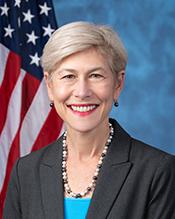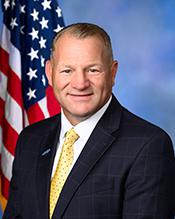0
Lumbee Fairness Act
12/19/2024, 5:23 AM
Summary of Bill HR 1101
The Lumbee Tribe has been seeking federal recognition for many years, as they have faced challenges in accessing federal funding and resources that are available to other recognized tribes. This bill would allow the Lumbee Tribe to establish a government-to-government relationship with the United States, enabling them to receive the same support and services as other tribes.
If passed, the Lumbee Fairness Act would have significant implications for the Lumbee Tribe, as it would allow them to fully participate in federal programs and initiatives aimed at improving the well-being of Native American communities. It would also help to preserve and protect the cultural heritage and traditions of the Lumbee people. Supporters of the bill argue that it is a matter of fairness and justice to grant federal recognition to the Lumbee Tribe, as they have long been denied the same rights and privileges as other tribes. Opponents, however, raise concerns about the potential impact on other federally recognized tribes and the distribution of federal resources. Overall, the Lumbee Fairness Act is a complex and important piece of legislation that has the potential to greatly benefit the Lumbee Tribe and strengthen their relationship with the federal government. It is currently being debated in Congress, and its outcome will have far-reaching implications for the Lumbee people and the broader Native American community.
Congressional Summary of HR 1101
Lumbee Fairness Act
This bill extends federal recognition to the Lumbee Tribe of North Carolina and makes its members eligible for the services and benefits provided to members of federally recognized tribes.
Members of the tribe residing in Robeson, Cumberland, Hoke, and Scotland Counties in North Carolina are deemed to be within the delivery area for such services.
The Department of the Interior and the Department of Health and Human Services must develop, in consultation with the tribe, a determination of needs to provide the services for which members of the tribe are eligible.
Interior may take land into trust for the benefit of the tribe.
Finally, North Carolina must exercise jurisdiction over all criminal offenses committed, and all civil actions that arise, on North Carolina lands owned by, or held in trust for, the Lumbee Tribe or any dependent Indian community of the tribe unless jurisdiction is transferred to the United States pursuant to an agreement between the tribe and the state.





